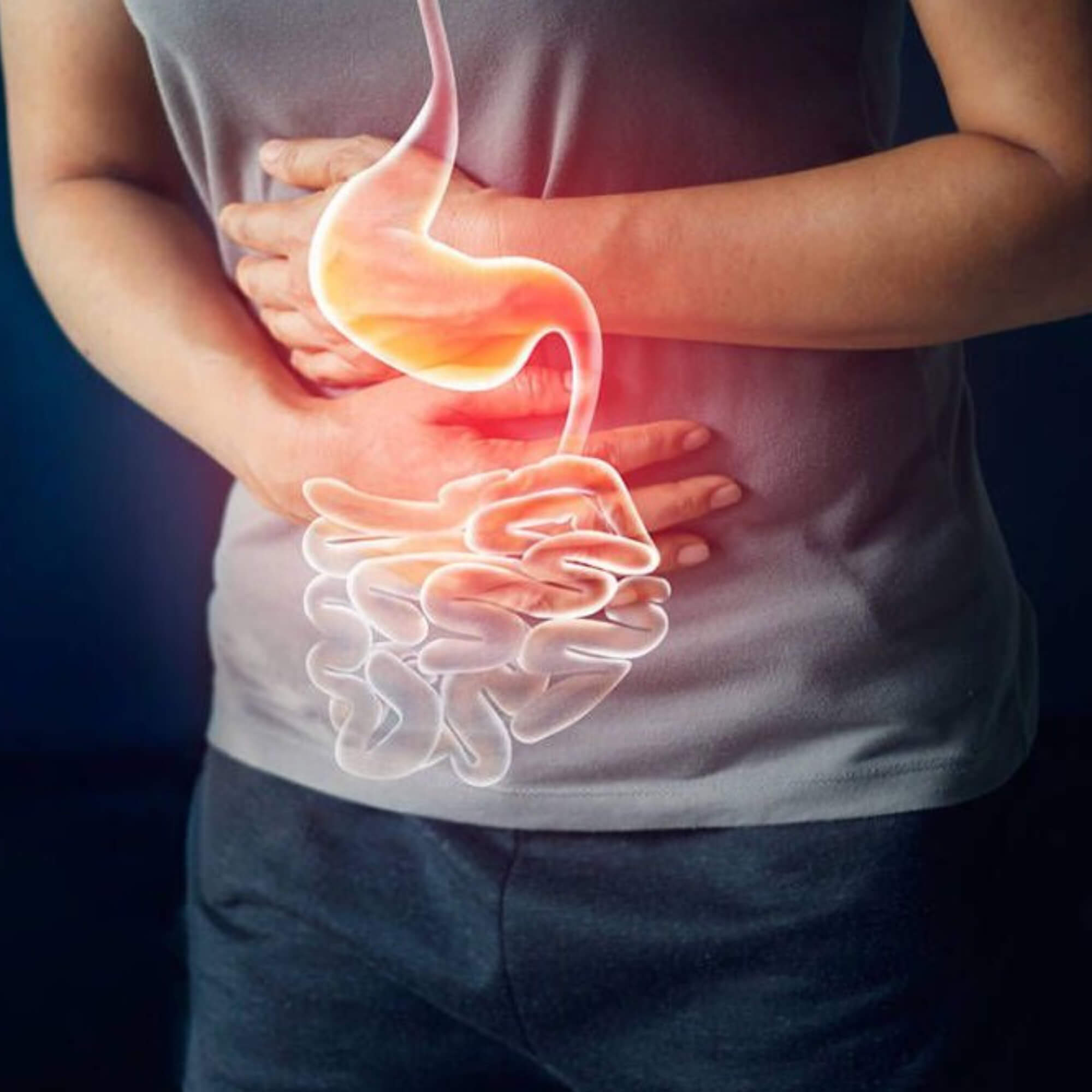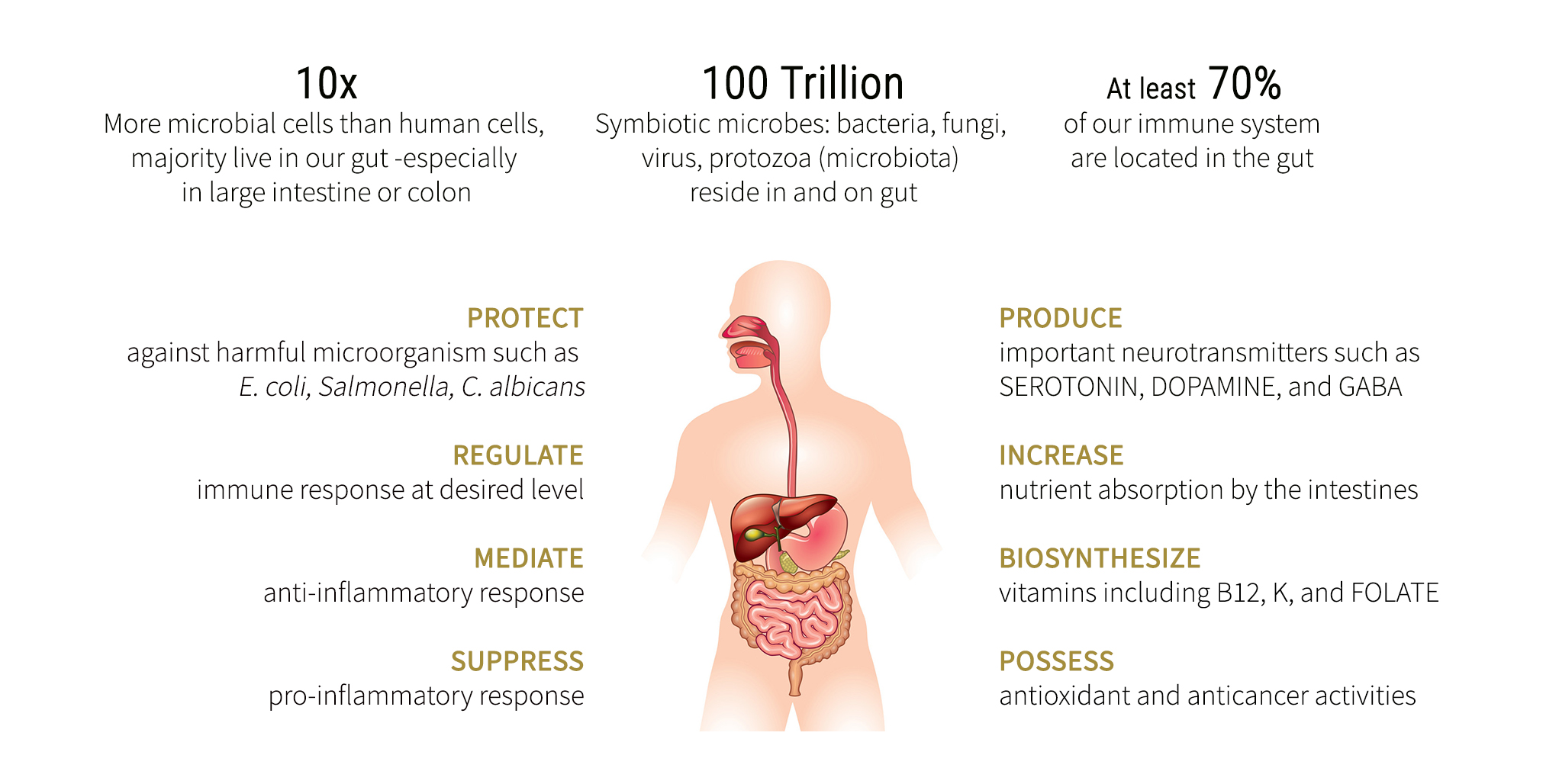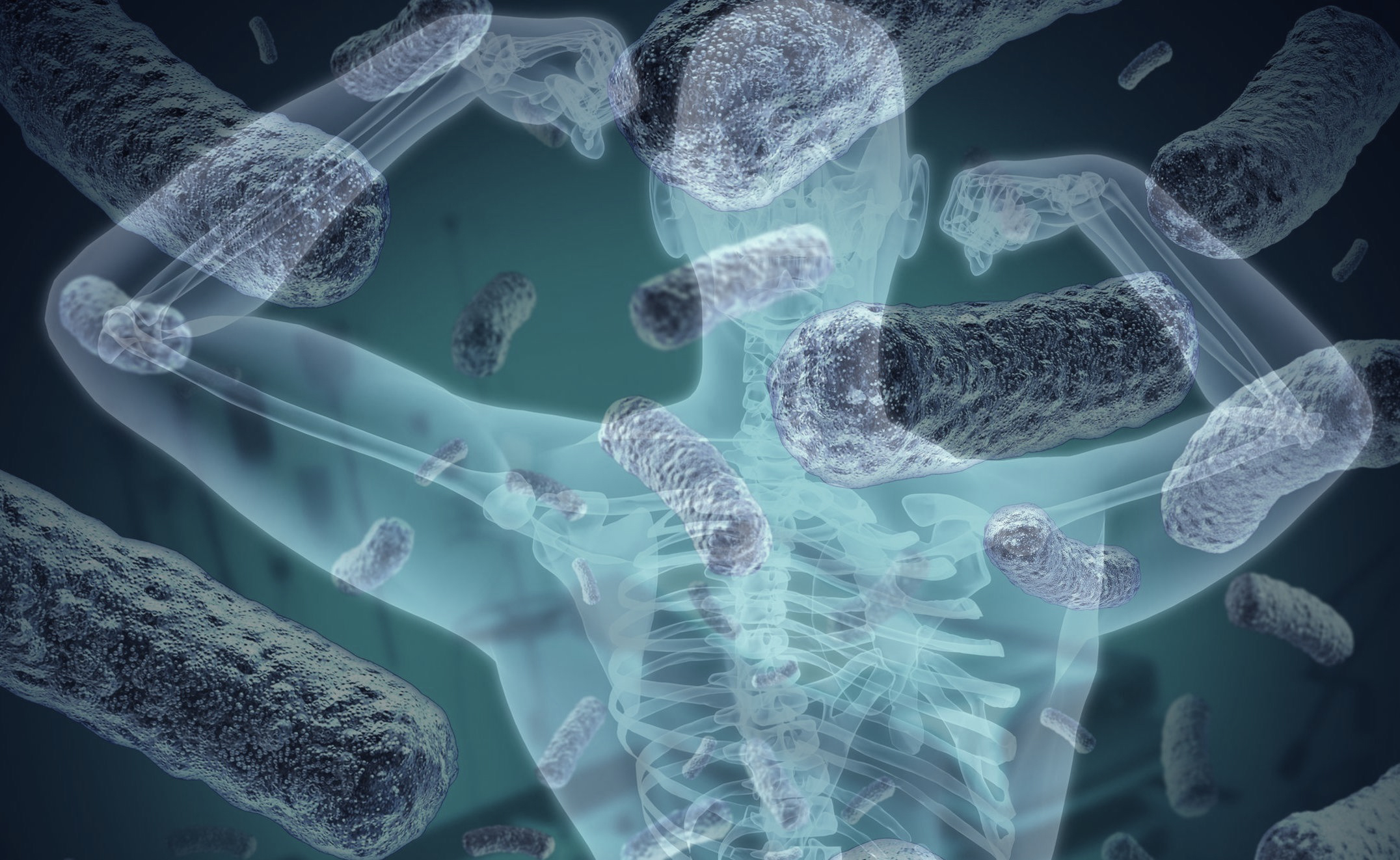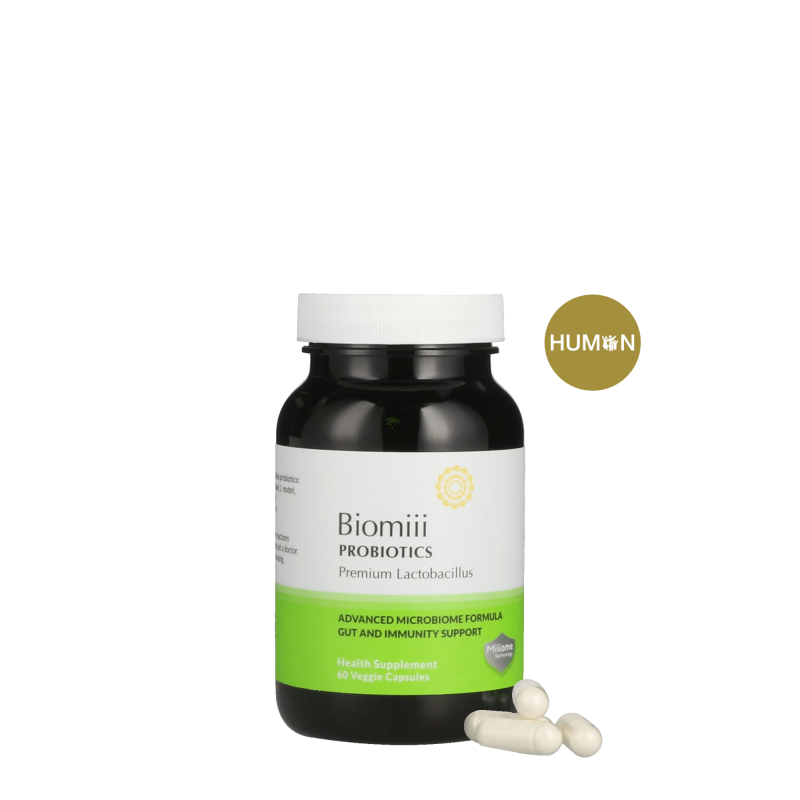
FOOD POISONING REMEDY TIPS
March 26, 2022
SAY GERD BYE, WITH PROBIOTICS AND POSTBIOTICS
March 26, 2022More than 2,000 years ago Hippocrates, an ancient Greek physician also universally known as the father of modern medicine, had identified that “all disease begins in the gut”.
The human gastrointestinal tract is a complex and dynamic ecosystem referred to as the gut microbiome. It contains in average 100 trillion of symbiotic microorganisms, and features over 5,000 bacterial species.1
Many of these bacteria are beneficial and play significant roles to overall health such as nutrient and mineral absorption, synthesis of enzymes, vitamins and amino acids, and production of short-chain fatty acids (SCFAs).2
On the other hand, microbial imbalances that result in decreased diversity and population of beneficial bacteria (dysbiosis) have been linked to many chronic diseases such as obesity, diabetes, cardiovascular disease, inflammatory bowel disease, cancer, and many others.
It is now well-established that a healthy gut microbiome plays pivotal roles in maintaining human health, coinciding with the rising popularity of probiotic and postbiotic supplements.
Probiotics are defined by World Health Organization (WHO) as living microorganisms which when administered in adequate amounts confer a health benefits upon the host.
The question is that if you are healthy and fit, do you still need to take probiotics everyday? The answer is absolute yes.

Immune Health
At least 70% of our natural immune system are located in the gut. Healthy gut and immune health are directly correlated. If you don’t take care of your gut, it will be breached easily, disease strikes and that is when you would say “Damn, Hippocrates was right”
Microscopic Heroes
The beneficial bacteria or probiotics play pivotal roles in maintaining human health in the following manners:
- Protect against harmful pathogens such as Escherichia coli (E.coli), Salmonella, Staphylococcus aureus, Candida albicans, etc. The first two pathogenic bacteria are the usual culprits in food poisoning incidents.
- Modulate immune response at desired level
- Mediate anti-inflammatory response and suppress pro-inflammatory response
- Produce important neurotransmitters such serotonin, dopamine, and gamma-aminobutyric acid (GABA)
- Increase nutrient uptake by intestines
- Biosynthesize vitamins including B12, K, and folate
- Possess antioxidant and anticancer properties
Natural inhabitants
The most extensively-studied and widely-used probiotic bacteria are Lactobacillus and Bifidobacterium. Many of probiotics strains of Lactobacillus or Bifidobacterium species, come from the gut microbiota of healthy humans. Species of the two genera such as (but not limited to): L. rhamnosus, L. plantarum, L. casei, L. fermentum, B. longum, B. breve, naturally inhabit the human gastrointestinal tract.3

While probiotics have been known to confer beneficial health effects, in recent years, scientific studies have demonstrated their secondary metabolites produced during fermentation otherwise known as postbiotics, are able to exert gut health benefits without the need to administer live bacteria.
Postbiotics are able to confer beneficial effects by balancing and restoration of the gut microbiome, protection against pathogens, anti-inflammatory effects, immunomodulatory effects, antioxidative effects, and maintenance of intestinal barrier integrity.4
One of the main advantages of postbiotics over probiotics, is such that the former is suitable for consumption by immune-compromised individuals, while the latter is not. Postbiotics are travel friendly too, as they require no refrigeration.
Regular consumption of probiotics and postbiotic keep your gastrointestinal tract healthy as they encourage the growth and proliferation of healthy and beneficial microbes in your gut. This is vital to the proper development of your immune system at growing up stage and keeping up with immune health till old age.
Biomiii Probiotics is an advanced microbiome formula, consisting of six proprietary probiotic strains, Miiiome Postbiotics and prebiotics, for gut and immunity support. It is an ideal supplement for those who want to improve gut health and immune health.
Given their distinct benefits, the counter question is why would you not want to take probiotics and/or postbiotics everyday to remain healthy and fit?

- Aline Corado Gomes, Allain Amador Bueno, Rávila Graziany Machado de Souza and João Felipe Mota: Gut microbiota, probiotics and diabetes. Gomes et al. Nutrition Journal 2014, 13:60.
- Veronica Lazar, Lia-Mara Ditu, Gratiela G. Pircalabioru, Ariana Picu, Laura Petcu, Natalia Cucu and Mariana Carmen Chifiriuc: Gut Microbiota, Host Organism, and Diet Trialogue in Diabetes and Obesity. Frontiers in Nutrition, March 2019, Volume 6, Article 21.
- Núria Piqué , Mercedes Berlanga and David Miñana-Galbis: Health Benefits of Heat-Killed (Tyndallized) Probiotics: An Overview. Int. J. Mol. Sci. 2019, 20, 2534.
- Alessia Cicenia, BS, Annunziata Scirocco, PhD, BS, Marilia Carabotti, MD, Lucia Pallotta, BS, Massimo Marignani, MD, and Carola Severi, MD, PhD: Postbiotic Activities of Lactobacilli-derived Factors. J Clin Gastroenterol Volume 48, Supp. 1, November/December 2014.
Most scientific reference of probiotics and postbiotics are done on Lactobacillus genus, whose long history of use in fermented products has led to their recognition as GRAS (Generally Recognized As Safe) by the US Food and Drug Authority (FDA), and earned them a place on the QPS (Qualified Presumption of Safety) list assembled by the European Food Safety Authority (EFSA).






